“I don’t want to leave quarantine” – 7 stories of why some people are still staying at home in Georgia
The state of emergency in Georgia has been lifted for almost a month, and the restrictions imposed due to the coronavirus pandemic are gradually being lifted.
Cafes, restaurants, parks, beauty salons are open. Public transport is already running.
Most organizations, in accordance with the recommendations of epidemiologists, are working remotely. However, some companies have already opened their offices.
The return to the usual rhythm of life has not been equally joyful for everyone.
While the economic consequences of the three-month shut-down are predictable to some extent, it is still unknown to what degree the pandemic has affected public mental health.
Some psychologists say that coming out of the shut-down may carry with it some psychological difficulties for certain individuals.
For example, there are people for whom going to work is associated with great stress, and there are several reasons for this.
Some are terribly afraid of the virus and crowds: they avoid using public transport or coming into contact with other employees in offices.
For others, isolation and work at home turned out to be so comfortable that it was difficult for them to return to the office, lose time in public transport and communicate with colleagues. They found that they felt better in self-isolation and were more productive.
The impact of coronavirus on the mental health of the Georgian population has not yet been studied and analysed, but, for example, the results of a UK study by YouGov say that only 9 percent of Britons want a return to a “normal life”.
Psychologist Rusudan Zaalishvili believes that in Georgia there may be a slightly different picture, since the epidemic has not been as difficult as in other countries:
“However, the restrictions introduced (due to the pandemic), in any case, cause some stress and increased anxiety. Work at home violated many personal and service boundaries, while for others, on the contrary, it became a prerequisite for improving welfare.”
Zaalishvili says it is natural that despite the removal of restrictions, some people refrain from visiting crowded places and prefer to stay at home.
“For more than two months, our psyche was determined to survive, and a sudden return to normal life has been no less stressful for many. The pandemic is not over yet; some feel safer at home than at work,” she says.
Psychotherapist Ekaterina Darsania says that self-isolation has, first of all, destroyed the stereotype that “the more we dissolve in society, the better we realize ourselves.”
“We are used to accelerated, frequent and chaotic contacts. Being in isolation, we had to remain alone with ourselves and ask ourselves such questions – do I need all the old relationships? All my old contacts? My old habits?”
Darsania says this is a completely healthy reaction if it is difficult for people to return to the environment from self-isolation, and the help of a specialist is necessary only when this isolation is detrimental to the quality of life.
“I no longer want to go to work, because I can do my work at home; I often met friends in a cafe, and now I avoid this – all this is a healthy reaction. Fear is present to some extent in each of us, and the mechanism of a healthy psyche can cope with it on our own. But if this fear prevents a person from functioning, if a person sits at home in such a way that he no longer wants to communicate with his close ones, then the help of a specialist is needed,” says Darsania.
JAMnews got in touch with a few people who are in no hurry to leave home, despite the roll back of the quarantine regulations and recorded seven stories. People talk about what keeps them from returning to life before the pandemic.
Archil Sulakvelidze, 25 years old – actor, musician in the Young Georgian Lolitas
Before the pandemic, we were working on Anne Frank’s Diary at the Young Spectator Theater. Then the state of emergency was declared, and suddenly we were really locked at home, and going outside presented a danger.
At first I endured one way or another. Then a period came about when I began to go crazy. For a long time I could not find myself. I did not experience panic, but it’s very unnerving to realize that something can happen to you that even doctors do not have a clue about. I was annoyed with myself when I was afraid to go to the store.
A few weeks later, my new life turned into an ordinary routine. I tried to entertain myself: I listened to music, wrote, read. I even started baking bread!
By the way, baking bread has become a kind of symbol of the coronavirus, am I right?! On Facebook everyone wrote that they themselves baked bread.
In the end, it so happened that I found a comfortable zone in the house, as if I was used to this situation. Now it it is very difficult for me to break the habit of this.
Now, when new cases of coronavirus appear, I’m a little nervous. I’m still in isolation, and I’m not going anywhere.
In isolation, I often listen to Queens of Stone Age’s Era Vulgaris album. This I wrote myself:
Salome Guinepadze
Today is my first day at work.
Immediately after arrival, I clean my table and try to tune in. I got out of the crowd. It’s hard for me to accept that I have to be in the midst of many people. I prefer to be at home in my den.
I could never have imagined that I would like self-isolation. I am a very active person, constantly moving and could not think that I could work remotely.
I organized an office for myself at home – I sat down to work in the morning and got up in the evening. In the evenings, I did yoga – it became my favorite part of the day. Every day I waited for the evening.

Nothing bothered me, I just didn’t have enough time with people, I missed hugs.
When you are at work, whether you like it or not, you get a lot of useless information that does not necessarily need your participation. At home, information comes to you only if you want it. Nobody bothers you at home.
Now I’m trying to get used to this old life again. It’s hard for me, but I also have to say that I am glad to see people who, during this time, seemed to have turned into virtual characters.
My birthday is coming. Friends call me and ask if we’ll go out together. Everyone misses each other and is waiting to meet up, but I explain to each individually that I am not going to celebrate my birthday this year. I understand them. They want some fun, but I do not want this.
Ketevan Kuprashvili, 30 years old, lawyer
I used to envy people who worked remotely. It is better to sit comfortably on the couch, drink coffee and listen to a lecture.
Now, for example, when people talk to me on the phone, I am simultaneously cooking.
It’s very convenient to live like that – I have time for much more.
As soon as the pandemic began, I took a German course, began to practice yoga and began to bake. And I even planted homemade flowers. I never had flowers at home, and now I have twelve of them.
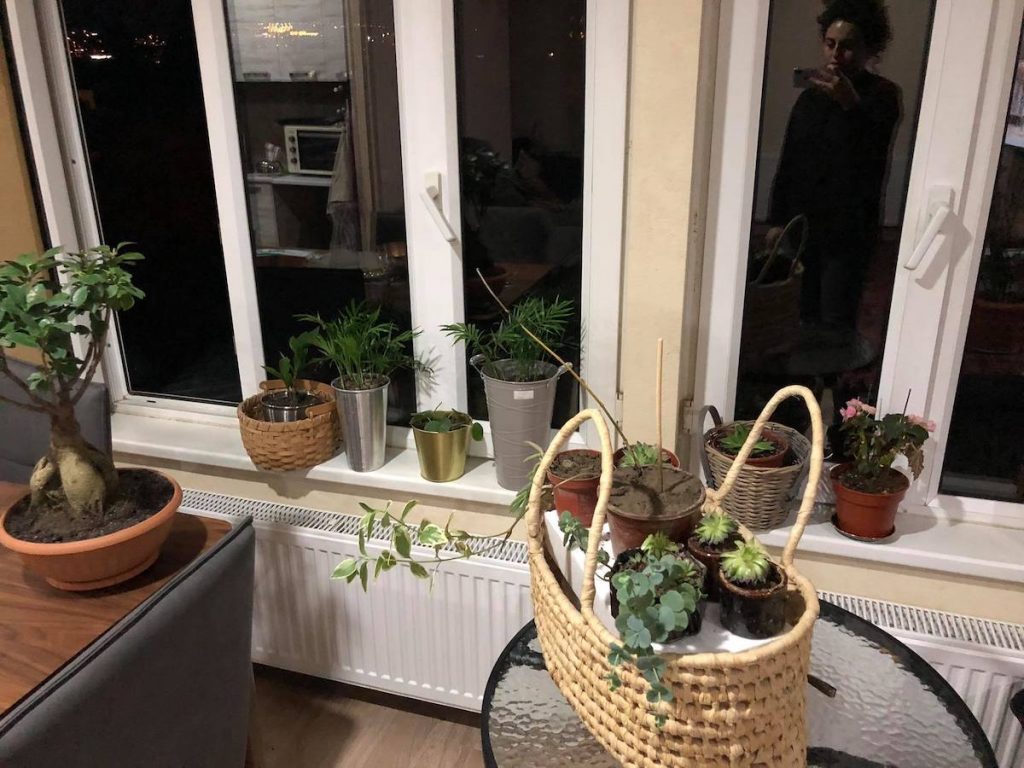
The first day of returning to work were like the first day of school. We had such a ‘first of September.’ The office seemed to us all somehow different. I was really glad to see my colleagues again, but soon we again switched to remote work.
With this mode, you quickly realize that it is not necessary to spend eight hours at work to do the same.
Let’s think about the financial side – how much we spend on transport and on unhealthy food that we eat at work.
Nino Beridze, 32 years old, marketer
Do you know what I did? When the courier brought something, I asked him to leave it away from the door, and only after he left did I go outside. I wiped the food with alcohol and placed them on a chair specially designed for them.
I checked the statistics every minute, watched all the news releases. Before going to bed, I was still browsing Facebook, so as not to miss something.
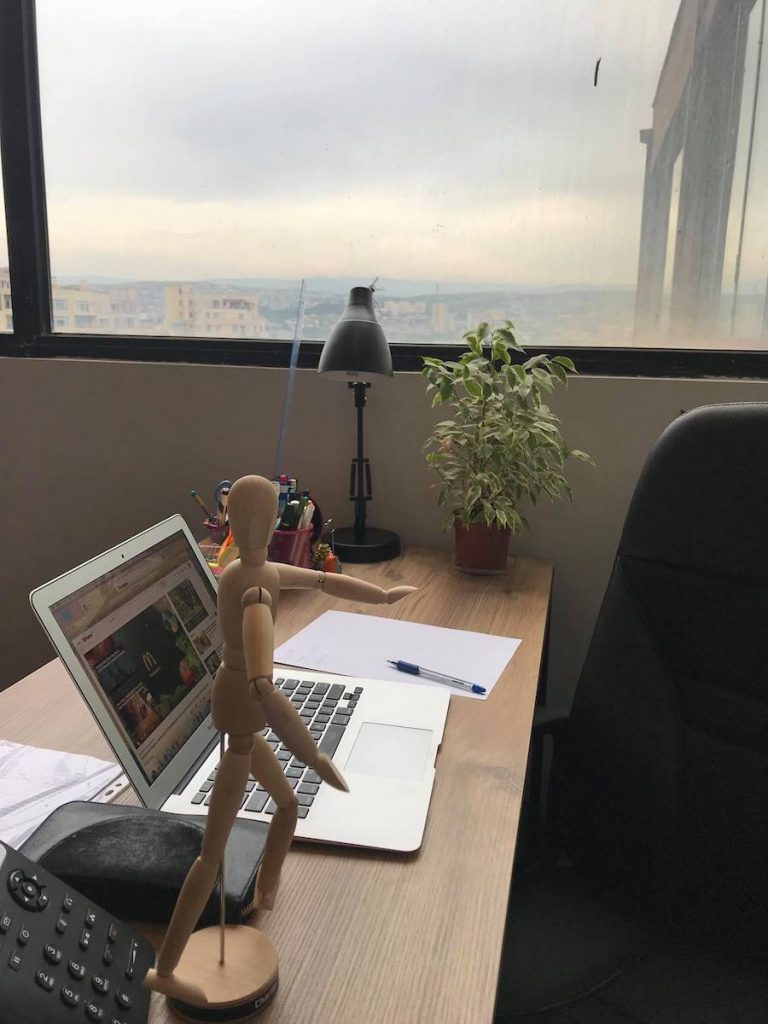
My children were also a little worried, looking at all this. Now most people seem to be returning to the old way of life. But I can not.
I noticed that I wasn’t happy about going out. Once I went to a birthday party. I was very tense there, and while leaving too. When someone comes close, I strain. And the same thing with my close friends. It’s so easy to get infected.
I have my own marketing agency, and my team is still working remotely, because, in my opinion, the situation in the country is even worse than before. There are many new cases whose source we do not know. I’m afraid that a stronger wave will follow the relaxation.
Being at home was a 360-degree turn in my life. Before that, I lived very actively. When I left in the morning, I returned only late at night. I even worked on vacations.
After the pandemic, I revised my views on many things. I realized that working 24 hours a day is not necessarily effective. I decided to let my colleagues work until 5 p.m. on Friday. And when it’s over, they will be able to work from home one or two days a week.
It has always been difficult for me to maintain a balance between work, relationships with children and self-development. I lacked contact with my children. Now I have greatly compensated for this shortage.
Giorgi Moniava, 36 years old – legal advisor, lecturer
Personally, I agree to continue working in this mode.
My work is specific – legal advice and lecturing.
In both cases, I very easily switched to remote mode. My clients and students have not lost anything. On the contrary, I began to do much more.
During this pandemic, I realized how many meaningless things have left my daily life: moving from one lecture to another, looking for a parking place, standing in traffic jams, etc.
I give lectures in Batumi and Tbilisi at the same time. I often lectured in Batumi for ten hours in a row and returned to Tbilisi that very night.
After that, it took me several days to get back in shape.
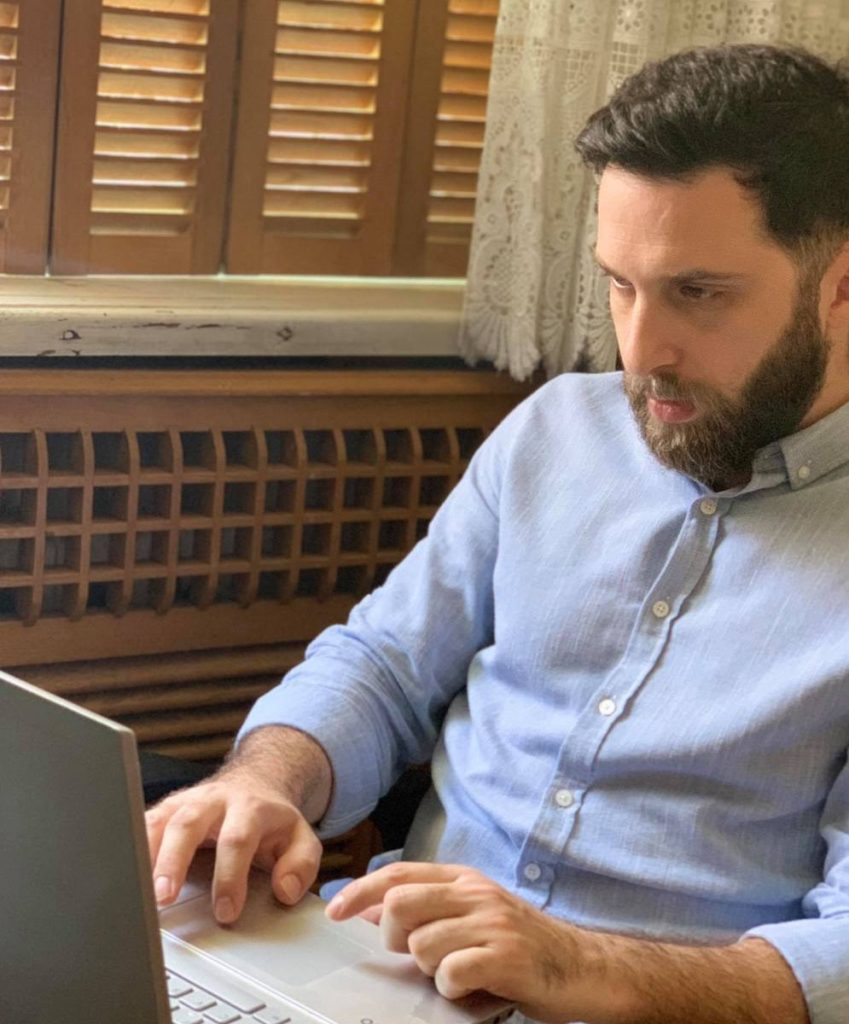
And now I can give lectures in two different cities on the same day – from home. I adapted curricula to online learning as much as possible, and my students did not lose anything in terms of knowledge.
Most importantly, I have never spent as much time with my family as I do now. The current transition period is the most comfortable for me – I work remotely, spend more time with my family, and at the same time you can already meet friends.
Nina Beradze, strategic communications specialist
We learned that we need to get used to living with the virus, but we don’t know how exactly. This is worrying me. I don’t understand – how are we to live every day, washing the products brought from the store? Can I meet with neighbors, friends?
The source of my fear is that my parents living with me are in the high risk group. I am pathologically afraid of letting them go outside. Because of them, I was also isolated.
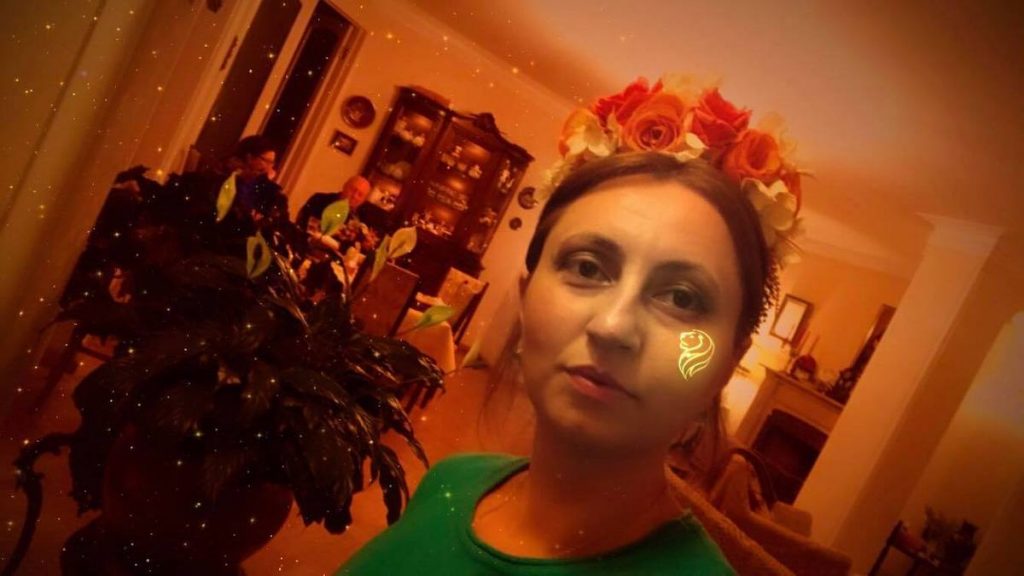
I am especially nervous when I think about what will happen when the borders open and tourists arrive.
I worry more than my parents. They are happy, welcoming people. The door to our house was always wide open – friends and relatives constantly came to visit. They suffer from the fact that no one comes over these days. This period is especially difficult for older people – these people cherish every day and month, they can not live without friends.
I also forbid them to go to the store. I am overcome by fear, despair. Sometimes I speak sharply with them: do not touch this, do not touch that. I once heard my mother complaining on the phone to her friend that Nino was not letting her go anywhere.
Mariam Lomadze, 29 years old, social psychologist
I am panicky, afraid of the roll back of quarantine regulations. Not because of the virus, but because of the end of self-isolation. When public transport resumed, I was nervous, I did not want to return to work. So far, we are still working remotely.
Work from 09:00 to 18:00 has always been depressing. After all, there are moments at work when you look at your watch and look forward to the moment of when you can leave.
In fact, at such moments we cannot do anything useful. In self-isolation, I use time better and do many things faster. And the rest of the time I use for self-development. After work, I could never do that.
The quarantine period was a revelation for me. I have never felt so comfortable.
I was always surprised to see people walking around the city during the day. I went to work in the morning, and returned in the evening.
Walking around the city during the day was my dream. Now I have made it come true.
I also like the fact that I eat well. Before, the oven in my house only served as a clock in the kitchen. And now I’m cooking something all the time. While I’m working, I remove the fish from the freezer so that it thaws. When I finish work, I can start cooking. At work, I ate much less healthy food, more expensive.
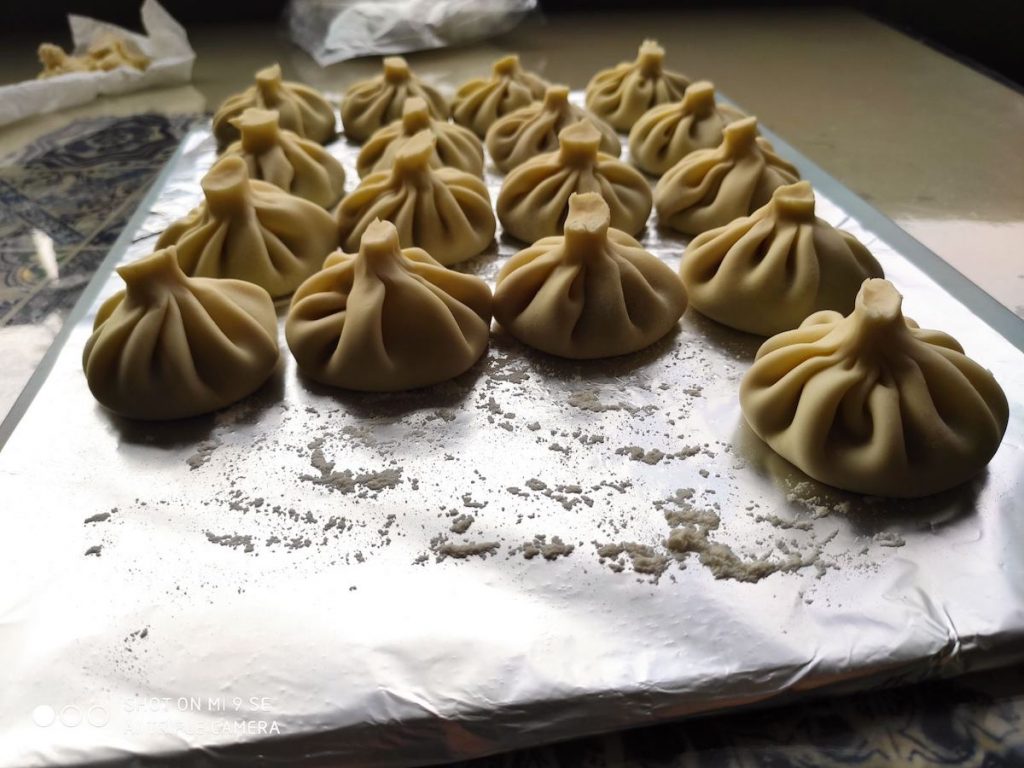
It is probably hard to work from home for those with small children, many people live together and they have little space. But I was lucky – my husband and I live together and we are comfortable together.


















